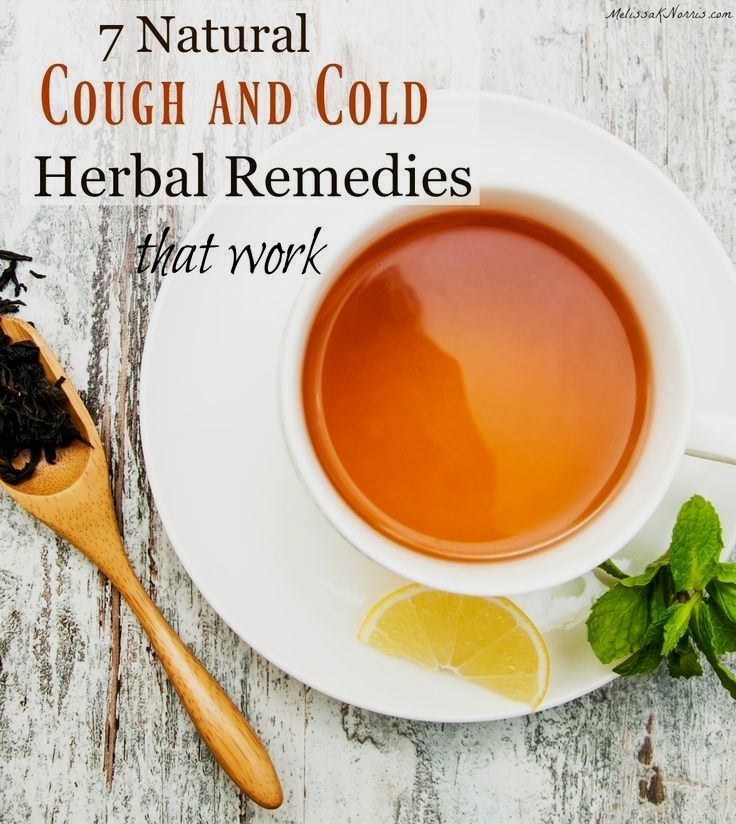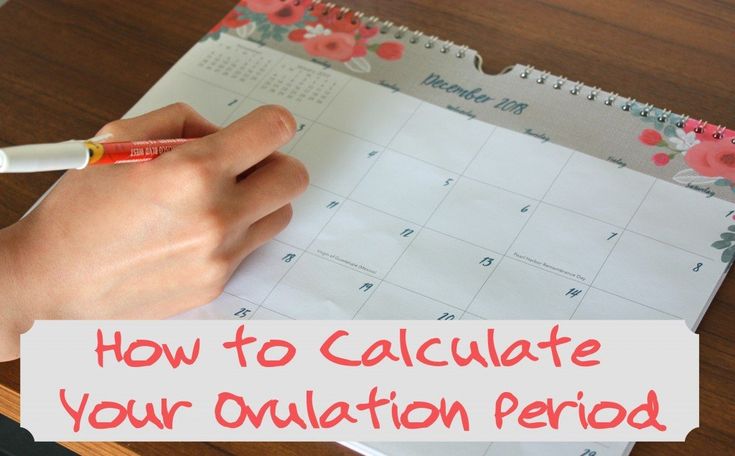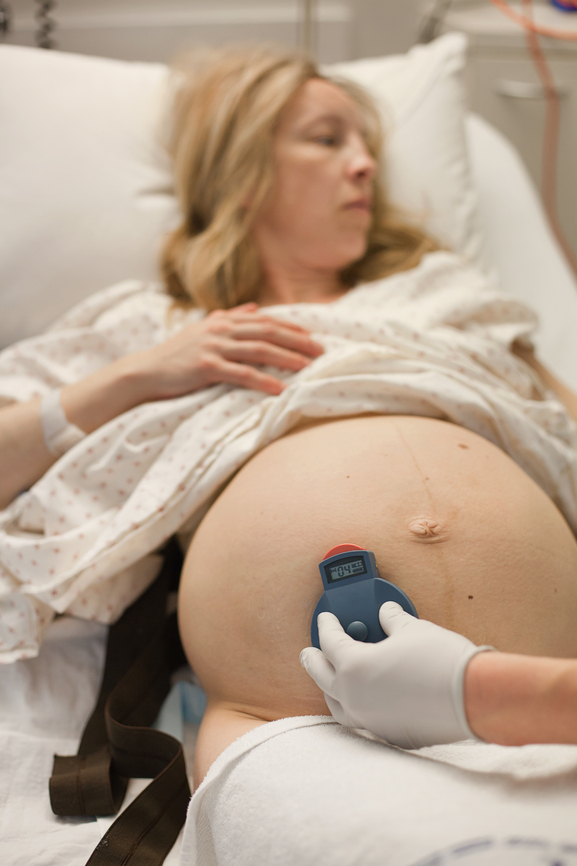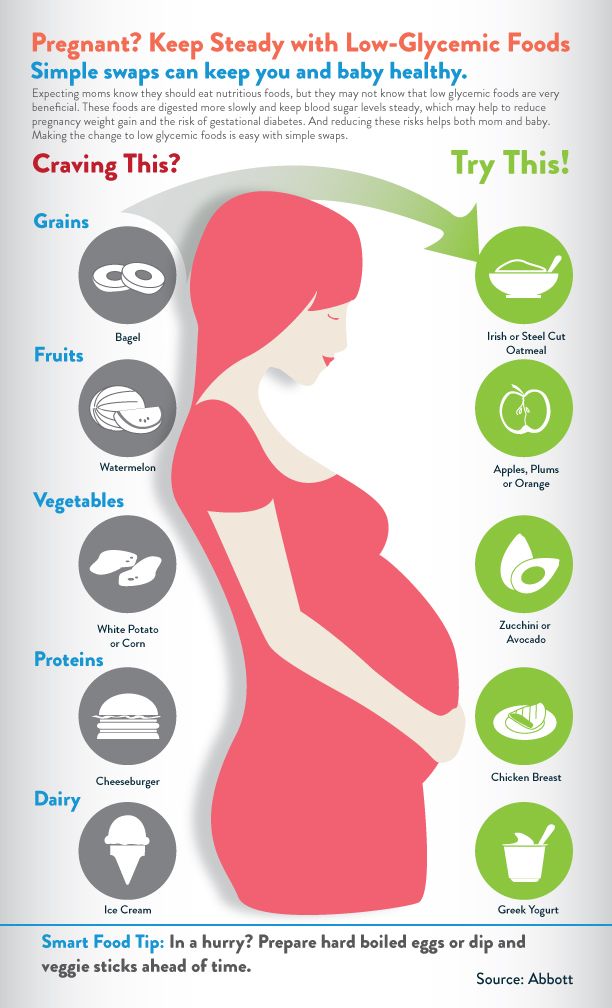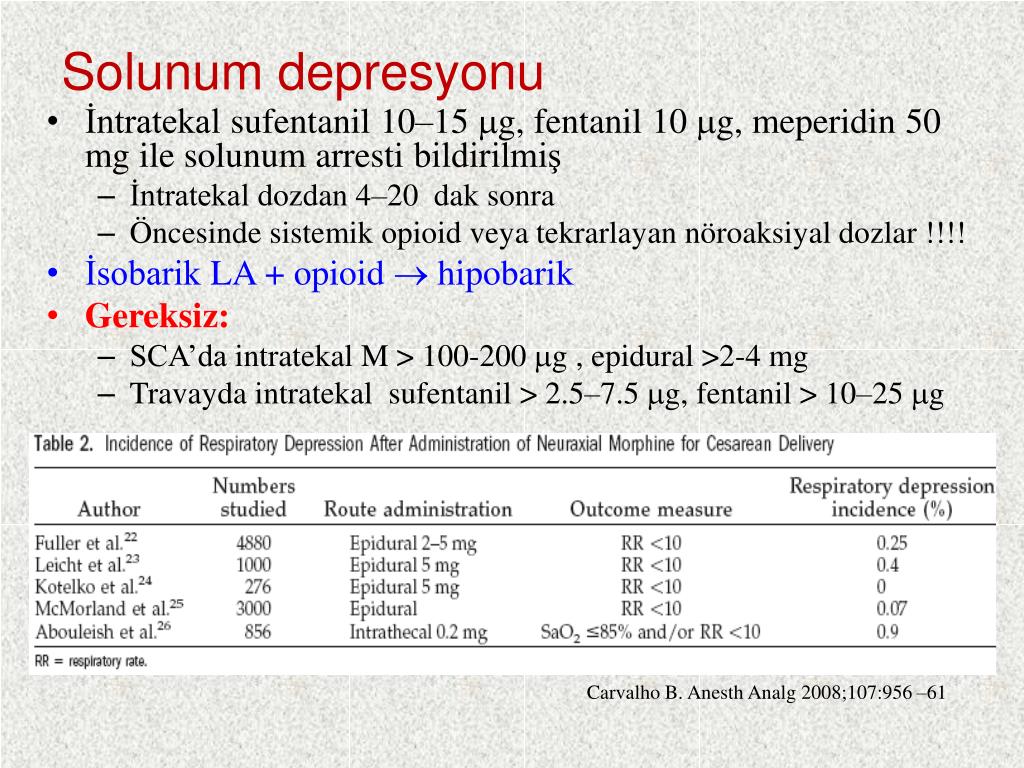Can you have herbal tea when pregnant
Herbal teas during pregnancy and breastfeeding
Many women choose to drink herbal tea to help with annoying symptoms when they're pregnant or breastfeeding. Some herbal teas are safe to drink while you're pregnant or breastfeeding, as long as you limit it to 1 or 2 cups a day and check with your doctor or midwife first.
Are herbal teas safe during pregnancy and breastfeeding?
Even though herbal teas contain natural ingredients, that doesn’t mean they are necessarily safe. The amounts of substances they contain may vary, and they may also contain ingredients that aren’t listed on the label. These ingredients may pass on to your baby, or they may interfere with other medicines you are taking.
Like other complementary medicines, herbal teas are not studied scientifically like other medicines and they aren't regulated in Australia, so it’s good to use them with caution.
There are mixed opinions on the safety of herbal teas, for both pregnant and non-pregnant women.
Most commercial brands of herbal teas are thought to be safe for anyone to consume in reasonable amounts. The herbal teas that are considered unsafe are those that are not made commercially, those made with excessive amounts of herbs (amounts larger than those found in common foods or drinks), and those made with herbs that are known to be toxic.
It's always a good idea to talk to your doctor and midwife before you take any natural therapy, including herbal teas.
About herbal teas
Some teas claim to soothe an upset tummy, calm you down if you have anxiety, prepare your uterus for labour, or help you sleep. Some teas are prepared especially for pregnancy, and claim to help with complications like pre-eclampsia and prepare your body for labour.
Herbal teas are made from the roots, berries, flowers, seeds, and leaves of plants. Unlike black or green tea, they don’t contain caffeine. They can be bought from supermarkets and health food stores.
Drinking herbal tea safely during pregnancy and breastfeeding
The best advice is to only drink 1 or 2 cups of herbal tea a day.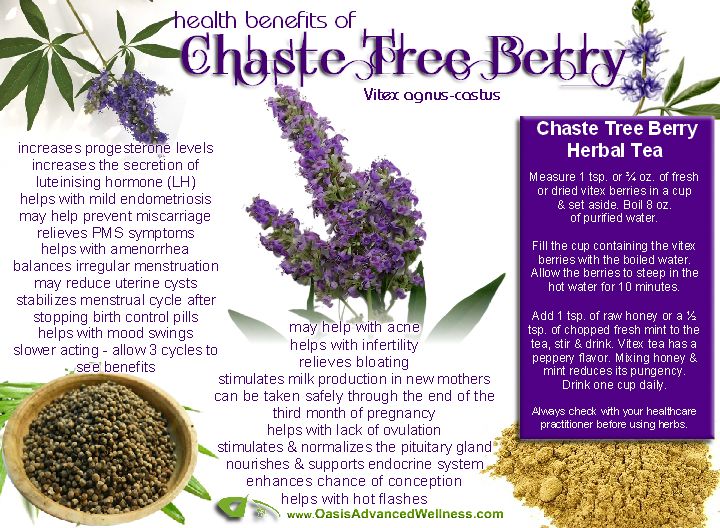 Different teas contain different ingredients, so mixing up the flavours and drinking different types of tea on different days will limit the substances that your baby is exposed to. Don't drink the same herbal tea continually throughout your pregnancy.
Different teas contain different ingredients, so mixing up the flavours and drinking different types of tea on different days will limit the substances that your baby is exposed to. Don't drink the same herbal tea continually throughout your pregnancy.
If you're breastfeeding, keep an eye on your baby for any unusual side effects. If you notice anything that worries you, talk to your doctor or maternal child health nurse.
It's always a good idea to check before you take any herbs while you're breastfeeding, especially if you are also taking prescription medicine.
Which herbal teas to choose during pregnancy and breastfeeding
As a general rule, choose teas that are made from fruits and herbs you would use in cooking. Never make your own herbal tea from plants you've collected while you're pregnant or breastfeeding.
Large amounts of some herbs may possibly start contractions and increase your risk of preterm labour, or they may affect your baby.
Likely or possibly safe herbal teas
Peppermint tea: Peppermint is one of the most commonly used herbal medicines in pregnancy.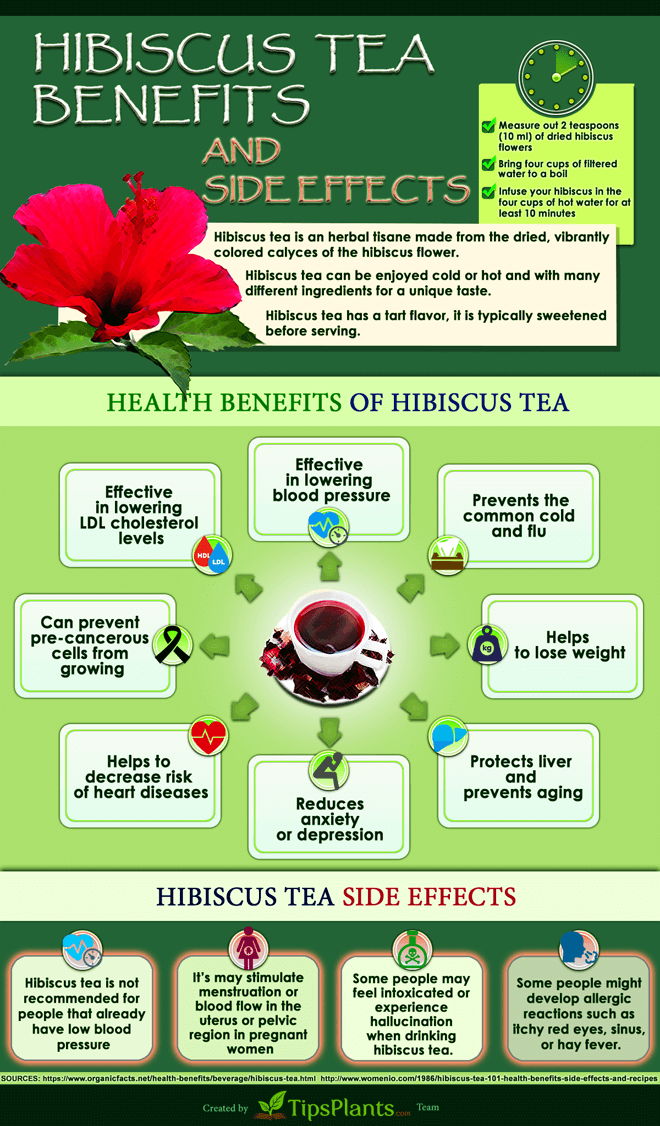 Studies have shown it doesn’t harm the mother or baby, although you should avoid very large amounts and avoid in the first trimester because it can promote menstruation.
Studies have shown it doesn’t harm the mother or baby, although you should avoid very large amounts and avoid in the first trimester because it can promote menstruation.
Red raspberry leaf tea: Some women drink raspberry tea during the last trimester to help them prepare for the birth. It should be safe in pregnancy, but some studies have shown it can stimulate contractions so it’s a good idea to be cautious during the first trimester.
Ginger tea: Ginger can help relieve nausea. It should be safe in moderation while you are pregnant or breastfeeding.
Green tea: Green tea isn't a true herbal tea. It contains caffeine, so you should limit how much you drink during pregnancy and breastfeeding.
Chamomile tea: A cup of chamomile tea before bed may relax you, but again, avoid drinking large quantities. There is a suggestion it could stimulate the uterus or lead to circulation problems in your baby.
Teas where there is insufficient information about safety
Rose hip tea: There isn't enough information on rose hip tea to know whether it's safe in pregnancy or breastfeeding.
Dandelion tea: There isn't enough information on dandelion tea to know whether it's safe in pregnancy or breastfeeding.
Lemon balm: This tea is considered possibly safe and commonly used to relieve anxiety, irritability and insomnia. However, no study could be found to support these uses, and its safety hasn’t been studied in pregnancy
Which herbal teas to avoid during pregnancy and breastfeeding
Sage tea: It’s OK to use sage in cooking, but you should avoid sage in concentrated forms during pregnancy such as in teas. It’s been linked to miscarriage and high blood pressure.
Parsley tea: Avoid parsley tea during pregnancy. If you drink large amounts, it may increase your risk of miscarriage and affect how your baby develops.
Where to get more information
For information on prescription, over the counter and herbal medicines, call the NPS Medicines Line on 1300 MEDICINE (1300 633 424)
Call Pregnancy, Birth and Baby on 1800 882 436 to speak to a maternal child health nurse.
Learn more here about the development and quality assurance of healthdirect content.
Herbal Tea and Pregnancy | American Pregnancy Association
Many alternative medicine health care providers feel that consuming certain herbal teas during pregnancy is a great way to support optimal pregnancy health. Herbal teas can often provide an additional source of nutrients such as calcium, magnesium, and iron. However, due to the lack of studies on most herbs, the FDA encourages caution when ingesting herbal teas.
To understand which herbal teas are safe to consume during pregnancy, let’s first look at the different types of teas and how they are made.
Differences Between Non-Herbal and Herbal
There are two different types of teas, non-herbal and herbal. The non-herbal teas can be broken down into 3 categories: black, green, and oolong.
Non-Herbal Tea
- Black tea is the most common type of non-herbal tea. It includes blends such as English breakfast, Earl Grey, and Orange Pekoe.
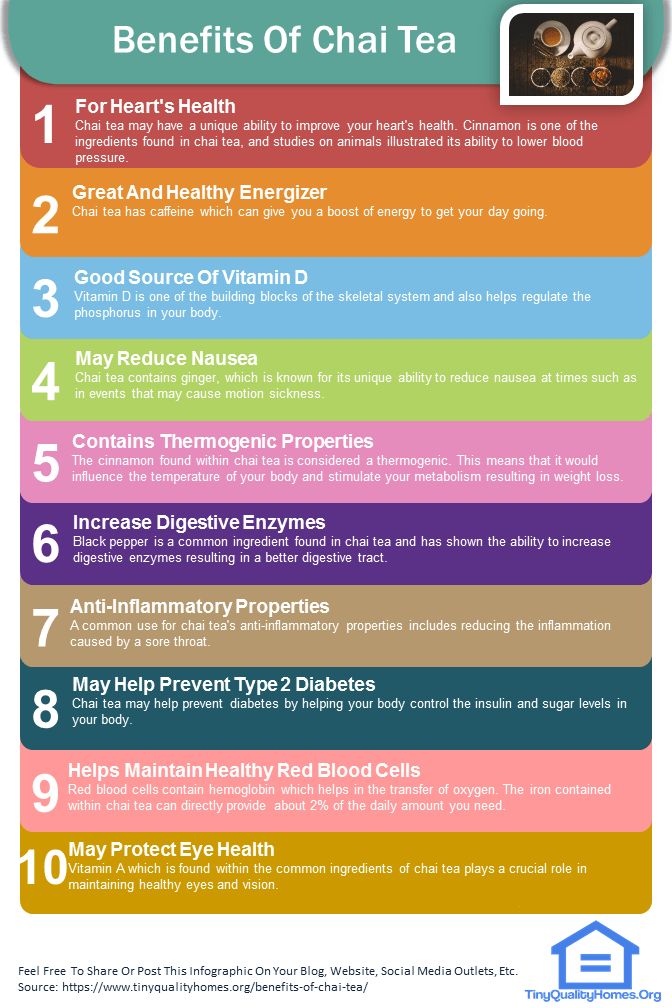
- Green tea has a more delicate taste than black tea. The oolong teas are a combination of green and black tea.
- Non-herbal teas contain varying amounts of caffeine and antioxidants.
- Non-herbal teas are made from leaves of tea plants.
- The longer the oxidation time (fermenting) of the leaf, the higher the caffeine level.
- The brewing time, size of the leaf and type of tea leaf can also influence how much caffeine is in the tea.
- Decaf versions of non-herbal teas still contain a bit of caffeine.
Herbal Tea
- Made from the roots, berries, flowers, seeds, and leaves of a variety of plants not from actual tea plant leaves.
- True herbal teas do not contain caffeine. (This does not include any other drinks that are called “tea” but truly are not, such as mate tea.)
- These teas can also be used as medicinal remedies (relating to, or having the properties of medicine).
Which teas are safe during pregnancy?
Non-Herbal Teas
Although non-herbal tea is assumed to have great health benefits due to the antioxidants, it also contains caffeine, which pregnant and breastfeeding women are often encouraged to cut down on or eliminate.
The average cup of non-herbal tea contains about 40-50 milligrams of caffeine. Decaffeinated nonherbal tea does still contain a bit of caffeine; however, the amount is usually only about .4 milligrams.
Caffeine crosses the placenta and reaches your developing baby. The baby cannot metabolize caffeine like an adult can. Also, consuming caffeine while breastfeeding could contribute to infant sleep disorders.
For this reason, there is controversy on how much caffeine is safe, or if it should be avoided altogether. We know that the less caffeine consumed, the better it is for your baby while pregnant or breastfeeding.
Talk with your midwife or doctor about what amount is safe. This will help you make the decision on whether to consume non-herbal teas.
Herbal teas
Herbal teas are naturally caffeine-free, so caffeine is not an issue when consuming this type of tea. The concern with consuming herbal teas during pregnancy is the lack of data available on most herbs and their effects on a developing fetus.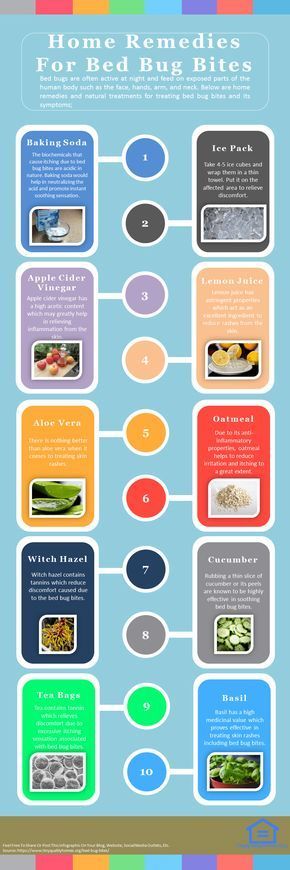 There are mixed opinions on the safety of herbal teas, for both pregnant and non-pregnant women.
There are mixed opinions on the safety of herbal teas, for both pregnant and non-pregnant women.
Most commercial brands of herbal teas are thought to be safe for anyone to consume in reasonable amounts. Herbal tea companies, such as Celestial Seasonings, report that they do not use any herbs that are considered dangerous and choose to use herbs from guidelines that the FDA has published.
The herbal teas that are considered to be unsafe are those that are not made commercially, those made with excessive amounts of herbs (amounts larger than those found in common foods or drinks), and those made with herbs that are known to be toxic.
As with most things, it is always best to talk with your midwife or doctor about any herbal teas that you are interested in drinking.
Pregnancy Teas
There are a number of teas labeled as a pregnancy tea. Pregnancy teas, which often contain red raspberry leaf, are considered to be beneficial in pregnancy. Many midwives and professionals who work with herbs believe that the regular consumption of these teas may help prevent pregnancy complications such as preeclampsia, preterm labor, prolonged labor, and postpartum hemorrhage.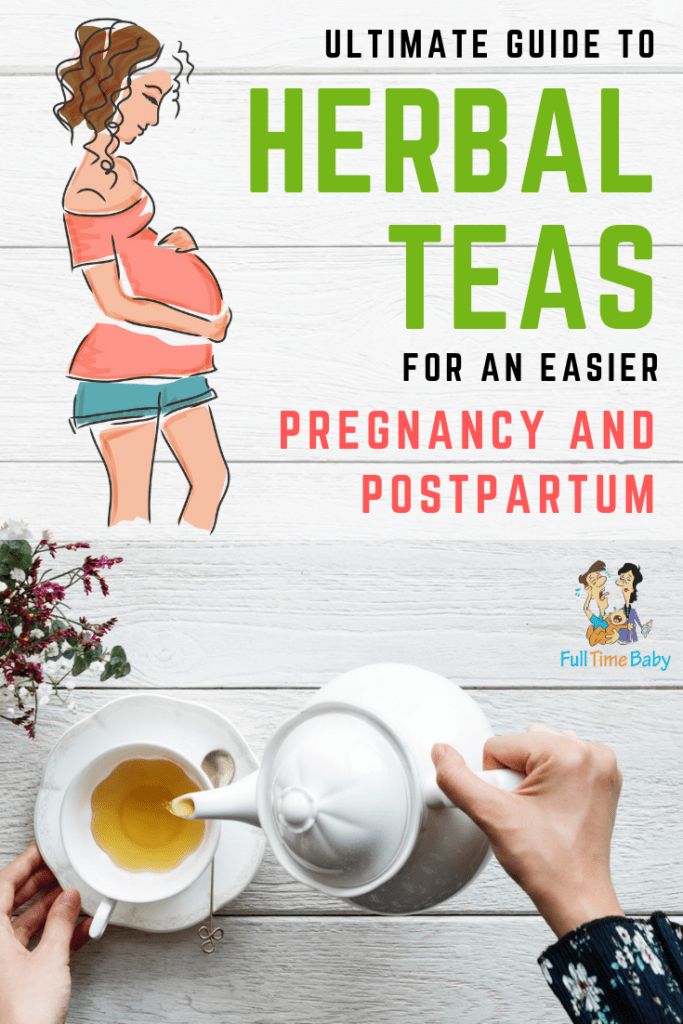
Medical studies have shown that red raspberry leaf can be consumed safely during pregnancy and can decrease the length of labor and the number of interventions used, such as artificial rupture of membranes (AROM), assisted delivery, and cesarean delivery.
Red raspberry leaf also seems to help prevent pregnancies from pre- or post-term gestation (delivering too early or too late).
The Herbs Used
The following are common ingredients you may find in herbal teas. Note that some have a questionable safety rating. The safety ratings given here are from the Natural Medicines Database.
More extensive research and discussions with your health care provider will help you make the decision about what herbs are safe for you to use in teas.
- Red Raspberry Leaf (Likely Safe) – Rich in iron, this herb has helped tone the uterus, increase milk production, decrease nausea, and ease labor pains. Many pregnancy teas contain red raspberry leaf to help promote uterine health during pregnancy.
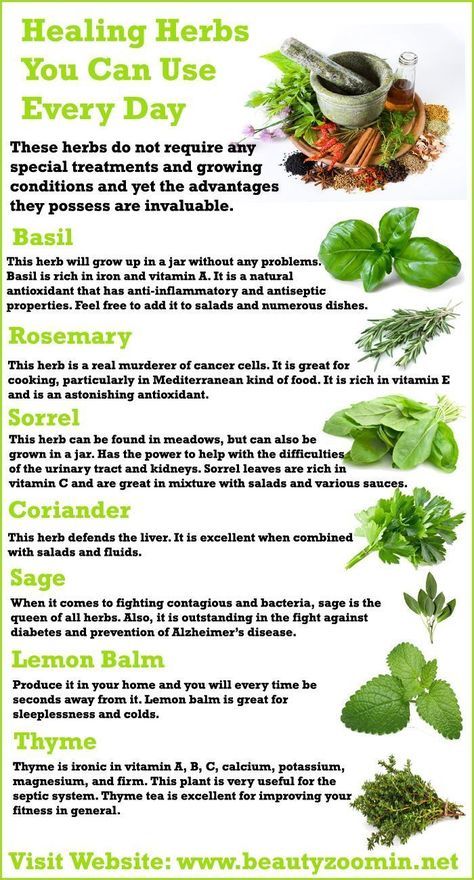 There is some controversy about whether this should be used throughout pregnancy or just in the second and third trimester, so many health care providers remain cautious and only recommend using it after the first trimester.
There is some controversy about whether this should be used throughout pregnancy or just in the second and third trimester, so many health care providers remain cautious and only recommend using it after the first trimester. - Peppermint Leaf (Likely Safe) – Helpful in relieving nausea/morning sickness and flatulence.
- Lemon Balm (Likely Safe) – Has a calming effect and helps relieve irritability, insomnia, and anxiety.
- Ginger root (Possibly Safe) – Helps relieve nausea and vomiting.
- Dandelion (Insufficient Reliable Information Available) – Rich in Vitamin A, calcium and iron; dandelion root and leaf can also help relieve mild edema and nourish the liver.
- Chamomile (German) (Insufficient Reliable Information Available) – High in calcium and magnesium, also helps with sleeplessness and inflammation of joints.
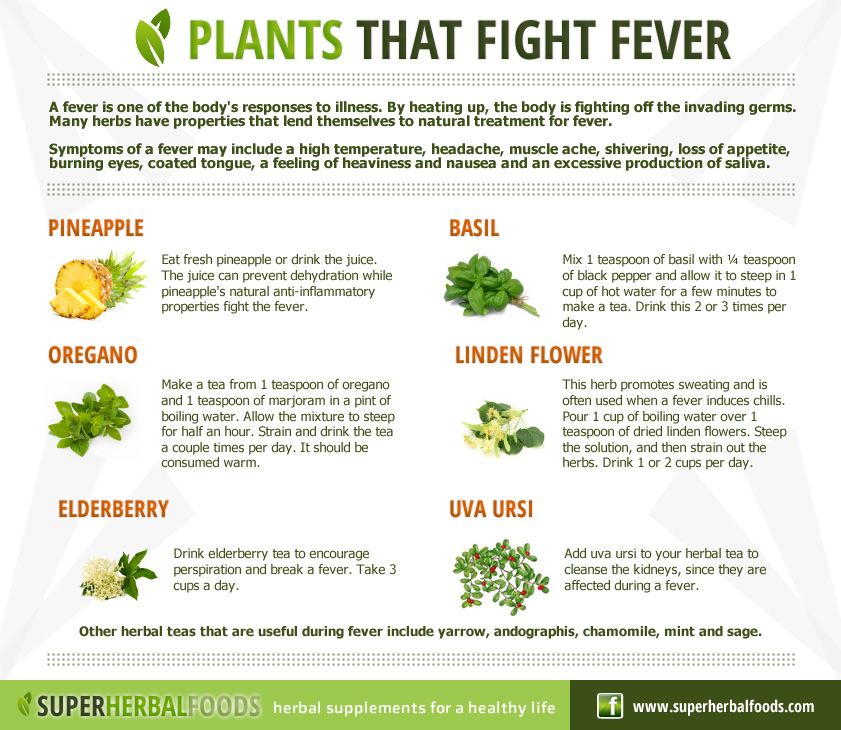
- Nettles (Stinging Nettles) (Likely Unsafe-see note) – High in vitamins A, C, K, calcium, potassium, and iron. Used in many pregnancy teas because it is a great all-around pregnancy tonic. (*Note on the safety of Nettles: Natural Medicines Database gives Nettles a rating of likely unsafe, even though it is used in countless pregnancy teas and recommended by most midwives and herbalists. This may be in relation to which part of the nettles plant is used, the root or the leaves, and how much is used. According to other sources, the use of nettles is encouraged during pregnancy because of its health benefits.)
- Rose Hips (Insufficient Reliable Information Available) – Very good source of Vitamin C and helps boost the immune system.
- Alfalfa (Possibly Unsafe) – Has Vitamin A, D, E and K; particularly good in later pregnancy to boost Vitamin K, which helps prevent postpartum hemorrhage.
- Yellow Dock (Possibly Unsafe) – Used to help treat anemia in pregnant women due to the high level of iron.
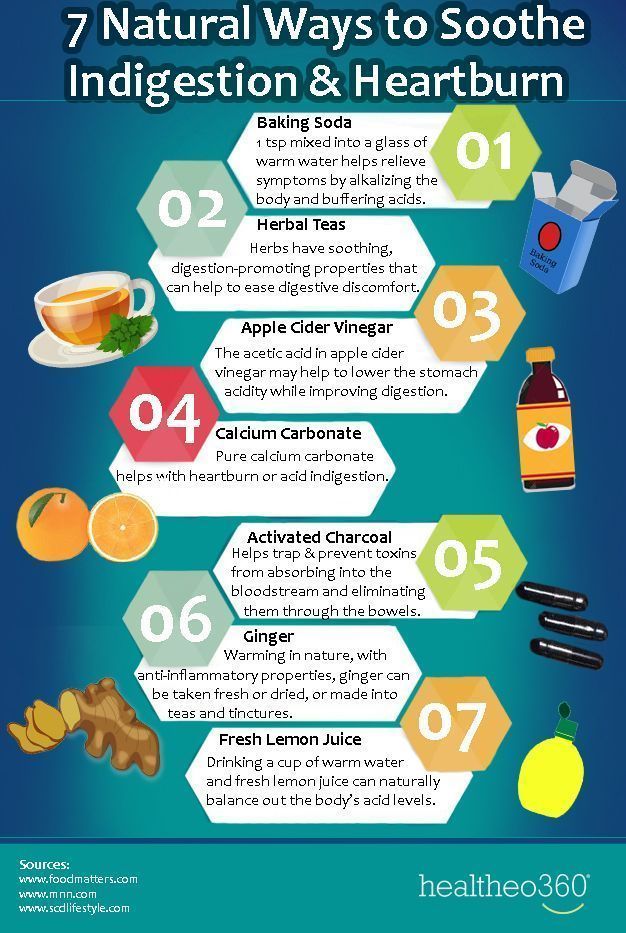 Also contains Vitamins A, C, and calcium.
Also contains Vitamins A, C, and calcium.
*(This may also be used as a laxative–talk with your health care provider about the use of yellow dock during pregnancy).
Your Next Steps:
- Subscribe to the Natural Medicines Database for information on other herbs and natural medicines and more in-depth information on the herbs discussed.
- Make your own herbal tea by adding oranges, apples, pineapples, lemons, limes, pears, cinnamon, or mint leaves to boiling water or decaffeinated tea. *(You should not brew a homemade tea from a plant growing in the yard unless you know exactly what it is and if it is safe to consume during pregnancy.)
- Talk with your midwife or doctor about helpful herbal teas to drink during pregnancy.
- Herbs and Pregnancy
- Treating Infertility with Herbal Medications
- Caffeine and Pregnancy
Compiled using information from the following sources:
1.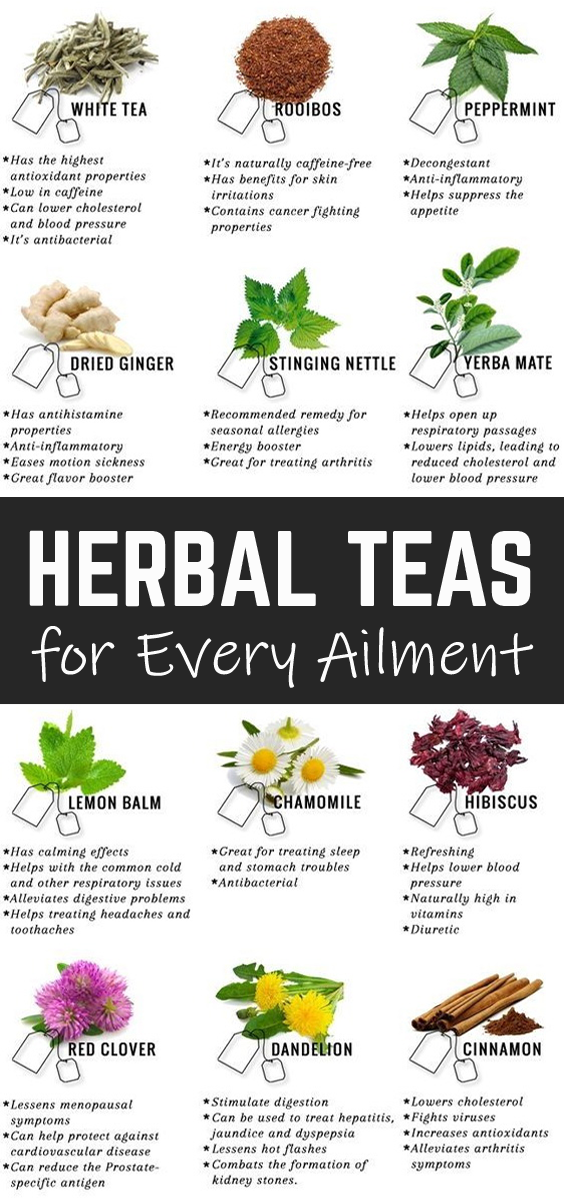 Gruenwald, J., Brendler, T., & Jaenicke, C. (Eds.), PDR for herbal medicines 4th ed. Montvale, NJ: Thomson Healthcare Inc.
Gruenwald, J., Brendler, T., & Jaenicke, C. (Eds.), PDR for herbal medicines 4th ed. Montvale, NJ: Thomson Healthcare Inc.
2. Raspberry leaf in pregnancy: its safety and efficacy in labor. J Midwifery Women’s Health. 2001 Mar-Apr;46(2):51-9. PMID: 11370690 [PubMed – indexed for MEDLINE]
3. Belew, C. (1999). Herbs and the childbearing woman: Guidelines for midwives. J Nurse-Midwifery. 44:231-252.
4. Tea Association of the USA
hhttps://www.teausa.com/
Is it possible for pregnant women to use herbal teas, their varieties and positive effect
- ✓ Fast delivery throughout Ukraine!
- ✓ Over 400 quality teas!
- ✓ Over 18882 satisfied customers!
- ✓ Free tea sample with every order!
- ✓ Accumulative bonus system!
-
Recently bought Shu Puer Mini To Cha (Xiao To) with lotus for UAH 23 with delivery to Lviv, Ukraine
-
Recently bought Shu Puer Mini To Cha (Xiao To) for 19 UAH with delivery to Lviv, Ukraine Lviv, Ukraine
-
Recently bought Shu Puer Gong Ting (Imperial, Palace) for 202 UAH with delivery to Lviv, Ukraine
-
Recently bought Oolong (oolong) Nai Xiang Jin, Premium ( Milk oolong) for 166 UAH with delivery to Lviv, Ukraine
-
Recently bought Oolong (oolong) Honey for 109 UAH with delivery to Lviv, Ukraine
-
Recently bought Shu Pu-erh with lotus for 76 UAH with delivery to Lviv, Ukraine
-
Recently bought Green tea with goji for 68 UAH with delivery to Kyiv, Ukraine
-
Recently bought Black tea Uva Shawlands for 63 UAH with delivery to Kyiv, Ukraine
-
Recently bought Red tea Nai Xiang Hong Cha (Milk) for 133 UAH with delivery to Kyiv, Ukraine
-
Recently bought Black tea Cuba-Libre for 68 UAH with delivery to Kyiv, Ukraine
-
Recently bought Black tea Chichako for 68 UAH with delivery to Kyiv, Ukraine
-
Recently bought Green tea Bi Lo Chun, Premium (Emerald spirals of spring) for 206 UAH with delivery to Kharkov, Ukraine
-
Recently bought Green tea Long Jing (Dragon Well) for 206 UAH with delivery to Kharkiv, Ukraine Kharkiv, Ukraine
-
Recently bought Black tea Pride of Ceylon for 58 UAH with delivery to Kharkov, Ukraine
-
Recently bought Black tea Wittanacanda Special FFEXSP for 247 UAH with delivery to Kharkiv Ukraine
-
Recently bought Black tea Kenya Michi for 63 UAH with delivery to Kharkiv, Ukraine
-
Recently bought Black tea Adavatta for 63 UAH with delivery to Kharkiv, Ukraine
Recently bought bought Green tea Hua Long Zhu (Dragon's Jasmine Pearl) for 169 UAH with delivery to Petrovskoe village, Ukraine
-
village, Ukraine
-
Recently bought Oolong (oolong) Nai Xiang Jin Xuan (Milk Oolong) for 97 UAH with delivery to Alexandria, Ukraine Alexandria, Ukraine
-
Recently bought Black tea Assam Budlabet, SFTGFOP1 for 68 UAH with delivery to Alexandria, Ukraine
-
Recently bought Green tea Genmaicha for 63 UAH, delivery to Ukraine
-
recently bought shu puer with cherries for 111 UAH with delivery to Shchors, Ukraine
-
recently bought vanilla for 68 UAH with delivery to Shchors, Ukraine
9000 -
recently bought Shu Pu-erh with lavender for UAH 68 with delivery to Shchors, Ukraine
-
Recently bought Anchan Thai blue tea for UAH 339 with delivery to Khorol, Ukraine
-
Recently bought Rooibos (rooibos) Long Leaf for 217 UAH with delivery to Kyiv, Ukraine
-
Recently bought Bound tea Flower of Desire for 55 UAH with delivery to Kyiv, Ukraine
- Recently bought
5 Snow peak tea for UAH 55 with delivery to Kyiv, Ukraine
-
Recently bought Associated tea Spring Festival for UAH 55 with delivery to Kyiv, Ukraine
-
Recently bought Bound tea Silver Chrysanthemum for 55 UAH with delivery to Kyiv, Ukraine
-
Recently bought Bound tea Festive bouquet for 55 UAH with delivery to Kyiv, Ukraine
-
Golden Bound tea 900 marigold for UAH 55 with delivery to Kyiv, Ukraine
-
Recently bought Associated Hong Ta tea for UAH 45 with delivery to Kyiv, Ukraine
-
Recently bought Bound tea Milk ball for 45 UAH with delivery to Kyiv, Ukraine
-
Recently bought Bound tea Hundred Flowers for 45 UAH with delivery to Kyiv, Ukraine
-
Recently bought Knitted» for 480 UAH with delivery to Kyiv, Ukraine
-
We use information about the ip-address, location, as well as cookies (cookies) for your convenience and the optimal functioning of the site.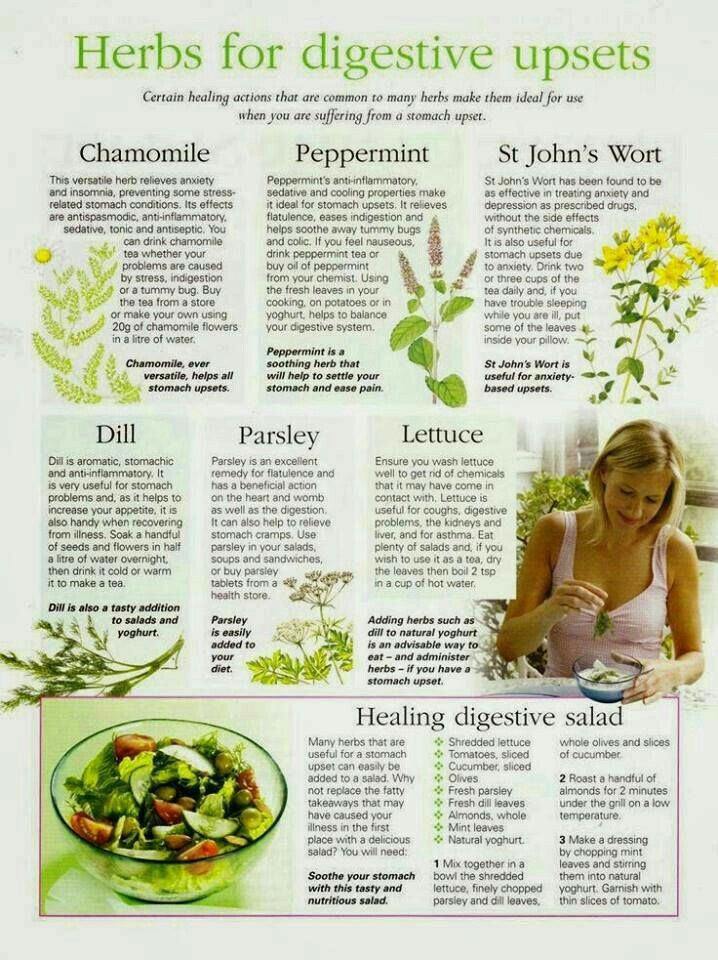 Scrolling further, you consent to the use of this data.
Scrolling further, you consent to the use of this data.
Tea Recommendations for expectant mothers-DW-18.11.2018
Photo: Picture-alliance/Phanie
Culture
Inga Vanner
November 18, 2018Complex. thirst, but also helps to relax. What types of tea and types of medicinal herbs do experts from Germany recommend for pregnant women?
https://p.dw.com/p/36mWr
Advertising
Contrary to popular belief that pregnant women should eat and drink " for two " , experienced doctors and midwives advise otherwise. According to gynecologist Christian Windelen from Cologne, one and a half to two liters of fluid a day is enough. It is better to drink boiled water, berry, fruit juices and drinks, various teas.
But tea is different for tea, so the choice of a healing drink should be treated very carefully. A detailed study of the use of herbs for the prevention and treatment of various diseases is carried out by a special area of medicine - herbal medicine. Unfortunately, it is quite difficult to thoroughly study the effect of herbal drinks on the body of pregnant women for ethical reasons, the German gynecologist explains.
Unfortunately, it is quite difficult to thoroughly study the effect of herbal drinks on the body of pregnant women for ethical reasons, the German gynecologist explains.
However, based on years of observation, doctors recommend certain types of herbs during pregnancy. Moreover, herbal infusions can and should be used as a medicine, emphasizes Christian Vindelen. But black or green tea should not be carried away. The reason lies in theine, the so-called tea caffeine. With excessive use, it, like caffeine, can provoke a slowdown in intrauterine development of the fetus.
During pregnancy, no more than three cups a day
Based on the latest research on the benefits and harms of caffeine for pregnant women, the German Nutrition Society (Deutsche Gesellschaft für Ernährung) recommends limiting the invigorating drink to three cups in ( black, green tea or coffee) per day.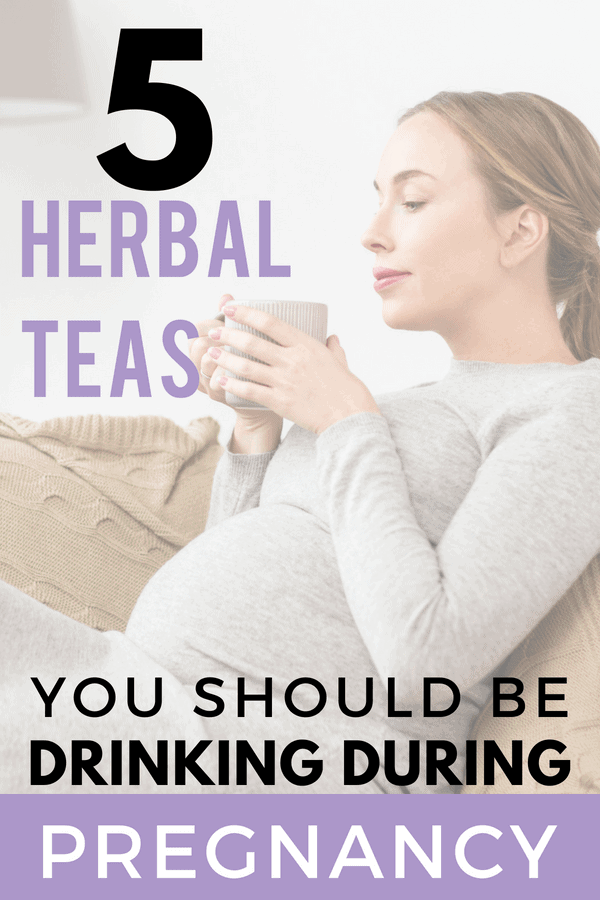 Christian Vindelen advises his patients during pregnancy to replace black tea with herbal infusions that can have a similar invigorating effect - for example, rooibos.
Christian Vindelen advises his patients during pregnancy to replace black tea with herbal infusions that can have a similar invigorating effect - for example, rooibos.
Midwife Martina Höfel from Minden has been advising expectant mothers for many years. Her favorite is herbal infusion made from raspberry and blackberry leaves. Tea has a mild stimulating effect on the walls of the uterus. It is better to drink it warm, not hot, starting from the 37th week of pregnancy, and no more than three cups a day.
Don't get carried away with such favorite herbal teas in Germany as mint, hibiscus or ginger root. All of them can contribute to premature uterine contractions, explains Martina Höfel. Drinks from plants with pronounced abortive properties should be completely excluded. These include verbena, rosemary, parsley, calendula, oregano, sage. It is better to refuse from such herbs widely used in folk medicine as St.
The best recipe - variety
Linda von Glahn, consultant of the UGB Healthy Food Association in Berlin, believes that the secret to the correct use of herbal drinks during pregnancy is simple: they need to be rotated more often.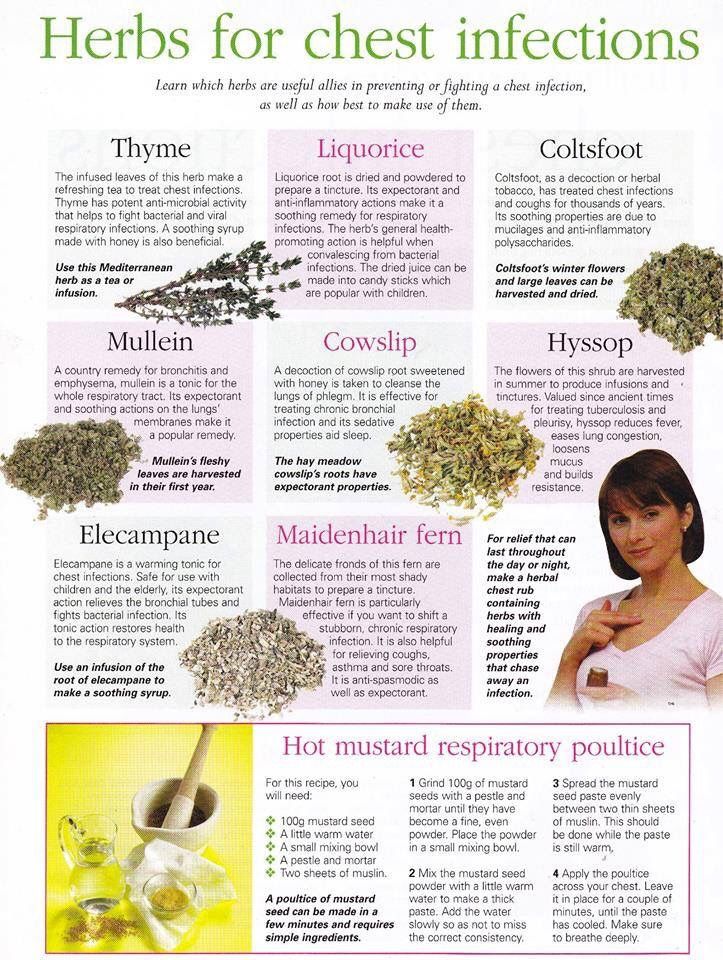 The recipe is not new at all, but effective. An ecotrophologist and expert in baby and pregnancy nutrition offers a range of well-known and undeniably useful plants to choose from.
The recipe is not new at all, but effective. An ecotrophologist and expert in baby and pregnancy nutrition offers a range of well-known and undeniably useful plants to choose from.
These include, for example, fennel, chamomile, lavender and lemon balm, which have a beneficial effect on the functioning of the gastrointestinal tract. Chamomile and lavender have bactericidal and anti-inflammatory properties, help to relax. After a cup of this tea, it is easier and faster to fall asleep.
Rosehip decoction - a drink useful for expectant mothers Photo: imago/imagebroker/Kröger Rosehip decoction, like various fruit teas, is rich in vitamins and minerals. Freshly brewed infusions of fruits and berries strengthen the immune system. But the absolute favorite of ecotrophologist Linda von Glahn is rooibos (rooibos) tea. A drink made from the leaves of an African bush contains an impressive amount of antioxidants and various minerals. It is able to weaken the action of the stress hormone cortisol and positively influence the work of the happiness hormone serotonin.